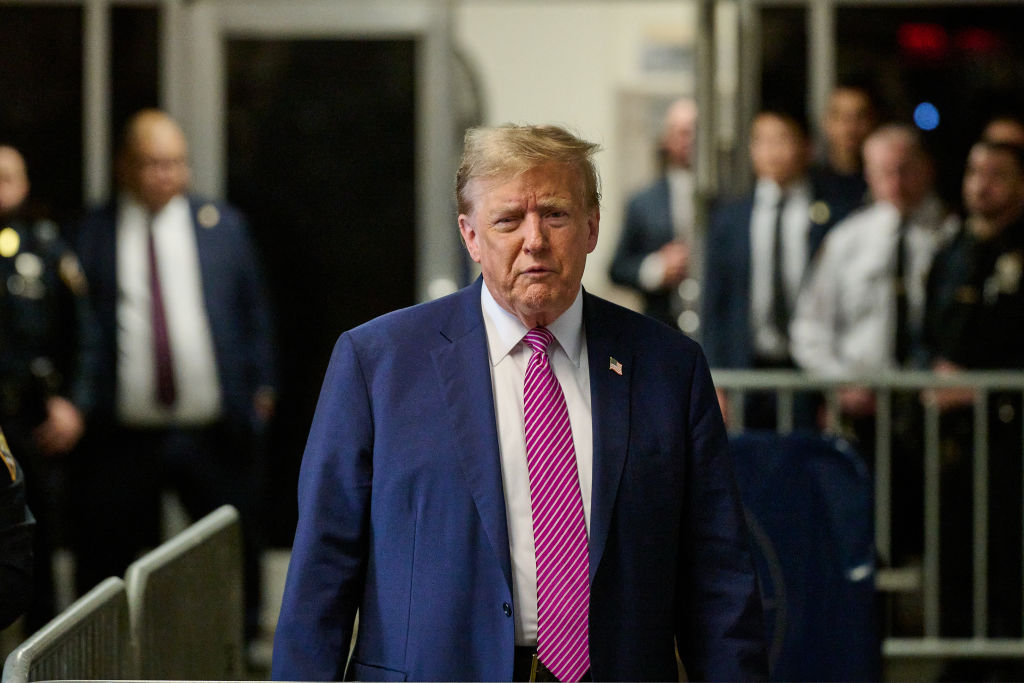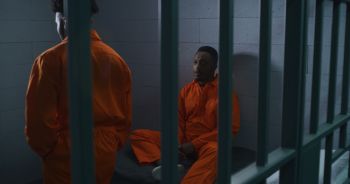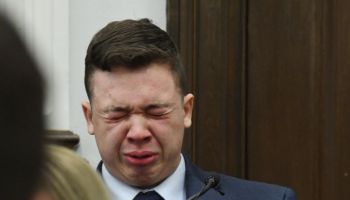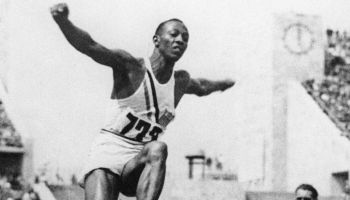A suicide bomber struck Sunni and Shiite tribal leaders touring a market after a reconciliation meeting west of Baghdad on Tuesday, killing 33 people in the second major attack in the capital area in two days.
Despite the ongoing violence, the top U.S. commander in Iraq said he does not believe the Iraqi government will ask Americans to remain in the country past a 2011 deadline set by a security agreement between the two countries.
The bombing — which left clusters of bodies lying piled near the shabby market stalls lining the road — was part of a spike of violence that comes as the U.S. military begins to draw down its forces.
The bomber detonated an explosives belt as the tribal leaders were walking through the market in the town of Abu Ghraib, accompanied by security officials and journalists, according to the Iraqi military.
Shakir Fizaa, the mayor of Abu Ghraib, blamed al-Qaida in Iraq. He said the tribal leaders had just left his office along with security officials after a reconciliation meeting and were talking to constituents in the market when the bombing occurred.
He said some people were wounded when police opened fire after the attack.
“This terrorist attack was aimed at stopping reconciliation and the improvement in the security situation,” he told The Associated Press. “The criminal attack bears the fingerprints of al-Qaida, but we will not be deterred by the acts of the vicious group against innocent civilians.”
Two Iraqi television journalists from the privately owned Baghdadiya station were among those killed in the attack, and a reporter from the state television was wounded.
Nobody claimed responsibility for the attack, but suicide operations are the hallmark of al-Qaida in Iraq. The U.S. military has said the terror network appears to be stepping up its campaign of bombings as it tries to make a comeback after being battered by recent U.S.-Iraqi military campaigns.
A suicide attacker killed 30 people on Sunday near the police academy in east Baghdad.
Abu Ghraib is a mainly Sunni district that also is the site of the prison where U.S. soldiers were photographed abusing inmates, igniting a scandal that was one of the biggest setbacks to American efforts to win the peace in Iraq.
The area was once one of the most dangerous in Iraq but has seen a sharp decline in violence after a decision by local Sunni tribal leaders to turn against al-Qaida in Iraq.
Recent high-profile attacks have marred an announcement on Sunday by the U.S. military that 12,000 American troops and 4,000 Britons will be withdrawn from the country by September — the first step in fulfilling President Barack Obama’s pledge to end America’s part in the war by the end of 2011.
U.S. troops are to leave the cities by the end of June, and the attacks raise questions about whether Iraqi security forces will be able to cope with the persistent violence.
The 2011 deadline was set in a security agreement that took effect on Jan. 1. There has been speculation the Iraqis may ask the U.S. for an extension.
But Gen. Ray Odierno told The Associated Press in an interview that he has received no indication that Iraqi leaders want that to happen.
Odierno left the door open to the possibility, however, saying “never say never.”
The reconciliation meeting the Sunni and Shiite sheiks were holding before they were attacked was one of many the Iraqi government has been encouraging to heal the rifts between the Muslim sects after years of sectarian violence that pushed the country to the brink of civil war.
Prime Minister Nouri al-Maliki, a Shiite, last week went so far as to call on Iraqis to reconcile with former supporters of Saddam Hussein’s Sunni-dominated regime who have been shunned by the Shiite government that rose to power after the U.S. invasion.
The speech appeared aimed at making political inroads into Sunni areas ahead of national parliamentary elections expected later this year. The prime minister’s allies gained little support in Sunni areas in the Jan. 31 provincial elections.
The Iraqi officials, who spoke on condition of anonymity because they weren’t authorized to release the information, said 33 people were killed and 46 were wounded in Tuesday’s attack.
But the Iraqi military spokesman’s office put the toll slightly lower, at 28 people were killed and 28 wounded.
Conflicting casualty tolls are common in the chaotic aftermath of bombings.
















